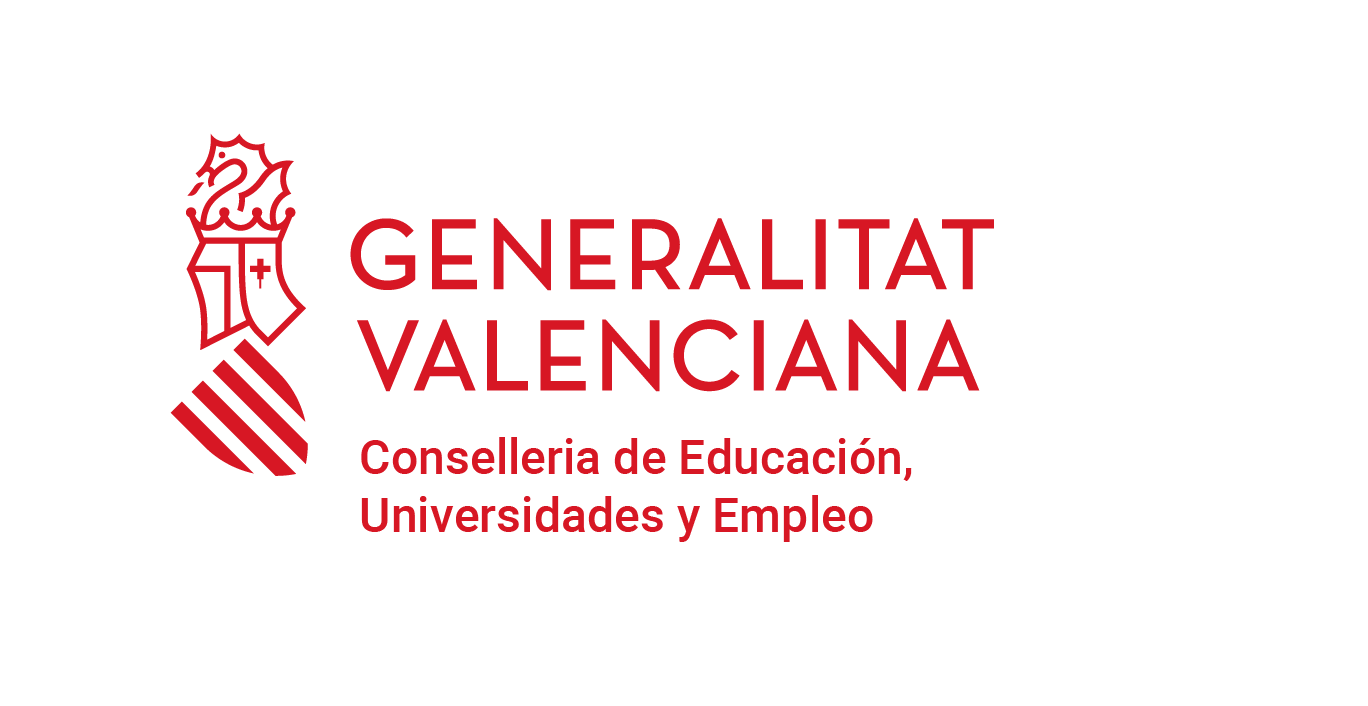This event was held simultaneously in 13 Spanish universities and research centres
The Science, Technology and Business Park of the Universitat Jaume I (UJI) of Castellón (espaitec) hosted Global ImasT, an event held simultaneously in Spanish thirteen universities and research centres, whose objective was to act as a forum for debate and knowledge about the state of innovation, transfer and entrepreneurship in Spain.
At the Universitat Jaume I the main theme was the new information and communication technologies (ICT). This event was opened by Jesús Lancis, the UJI Vice-Rector of Research and PhD Studies, and by Paco Negre, espaitec’s General Director, who stressed the progress made by the UJI and its firm bet on ICT since it began, and also referred to research groups of excellence and espaitec-linked companies, of which almost 50% of the companies installed in and linked to espaitec are related with this knowledge area that has a huge economic impact.
The following people participated in the first local session: Vice-Rector Jesús Lancis; the executive Vice-president of the Valencian Innovation Council, Andrés García Reche, and the founder partner of Soluciones Cuatroochenta, Sergio Aguado. During the session, how to transfer the research results generated at the UJI to the rest of society was debated by paying special attention to whether the generated results sufficiently respond to the problems and needs of companies and society.
Along these lines, Jesús Lancis stressed UJI’s know-how in transferring knowledge in the ceramic sector by recognising the difficulty of reaching other sectors whose presence in the province’s industrial fabric is not so marked. Andrés García Reche stressed the role that the Valencian Innovation Council will play in the mechanism that will act as a linking point to connect the government, companies, universities and society. He explained that it will be the agency that will combine efforts to generate added value and change the autonomic production model so that investments made in R&D reach the market. Finally, Sergio Aguado indicated the difficulty that innovative companies have in identifying talent that responds to real market requirements, and suggested making an offer of master degrees adapted to company demands and current trends as a solution.
The second local session centred on the market, financing and knowledge. Those who participated in it were Ignacio Llopis, a founder partner of IoTsens, Marta Emerson, the Vice-President of the Scaale Group and Director of CBA Europa, and Michael Gould, a member of the GEOTEC (Geospatial Technology) Research Group, and who has been a tenured university lecturer at the Universitat Jaume I since 1997.
Ignacio Llopis gave an overview about the state of the Internet of Things-centred technologies, more widely known as the IoT, and stressed how such transversal technology implies changing the world and society as we now know it. Marta Emerson contributed with a financial approach by explaining what an investor considers to opt for innovative projects. She stressed that investors have to obtain a return if a country is to gain private investments, but investors in Spain currently face losses. Finally Michael Gould offered a view that centred on knowledge and stressed that total connectivity tends to be the aim, which is a new paradigm where all personal and professional decisions will be based on true data taken in real time. Regarding the talent generated at universities, Gould underlined that “Spain has highly qualified people, but lacks the resources to be able to grow”.




